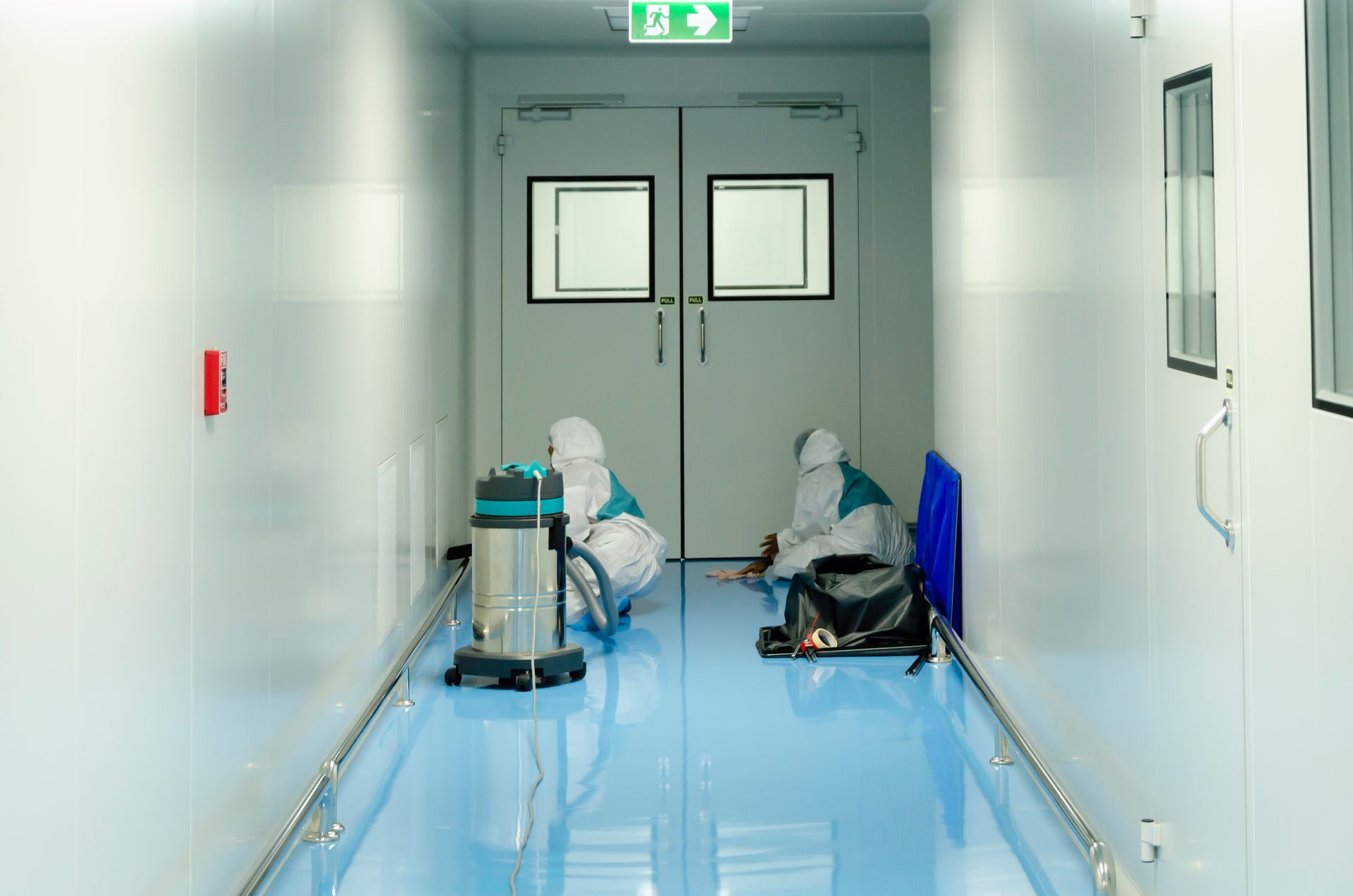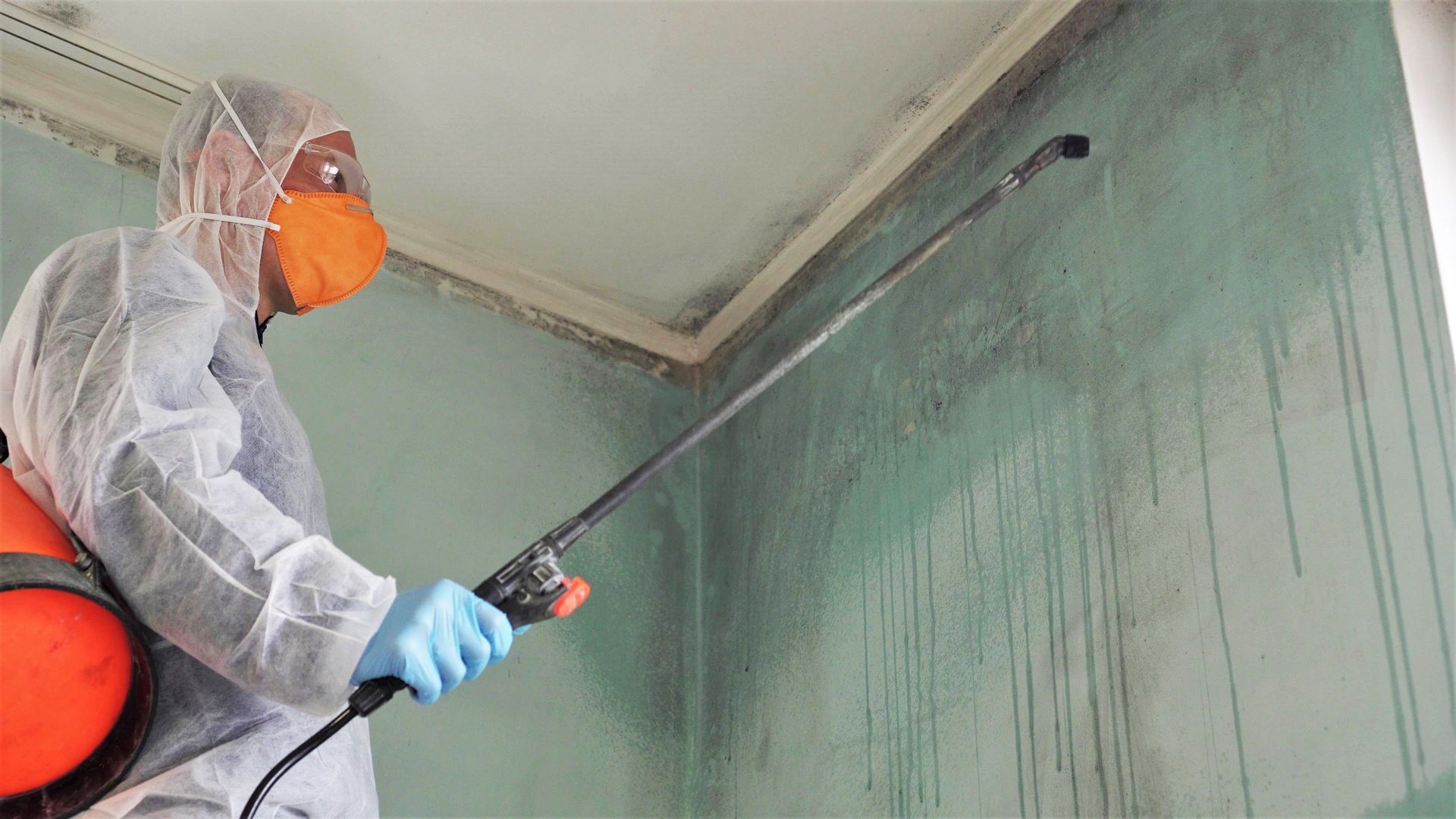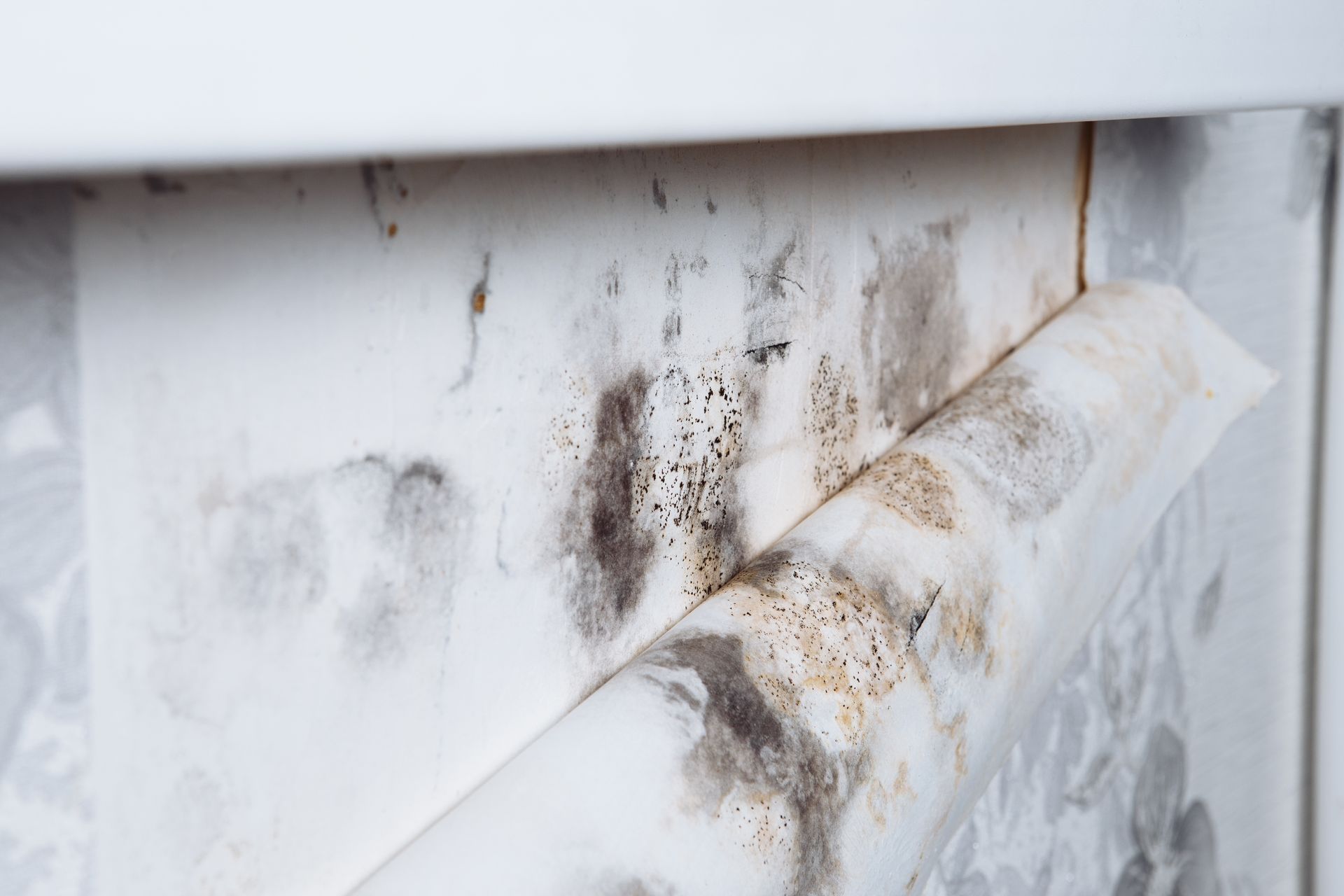Who's Responsible for Water Damage: Tenants or Landlords?
According to a survey by Freddie Mac, 82% of renters now view renting as more affordable than homeownership. This is an all-time high for the survey. As Level Management explains, one of the main reasons for this is that millennials tend to value the freedom of renting more than the pride of homeownership.
Renters can pack-up and leave if they no longer find a home satisfactory. They are also spared the stress of maintaining a property. Renting gives a tenant the freedom they would not have if they owned the property. But how far does a renter's freedom go? Does it completely free them of responsibility of the rental?
This question causes constant conflict between landlords and tenants. And nowhere is the issue more present than when assigning responsibility for water damage in the rental property. Water is ubiquitous in a house and where water is, the possibility of damage is ever present. Additionally, the cost of fixing water issues can be prohibitive.
Therefore, landlords and tenants are motivated to shift the responsibility for water damage to the other party. Tenants believe the responsibility is the landlord's since the property belongs to the owner and tenants are paying rent. Conversely, landlords say that because tenants live in the home and are more likely to cause water damage, they should bear the responsibility.
But what does the law say and what is the best way of dealing with this problem? Below we explain the limits of landlords' and tenant's responsibility for water damage in a rental property.
Water damage: landlord's rights and responsibilities
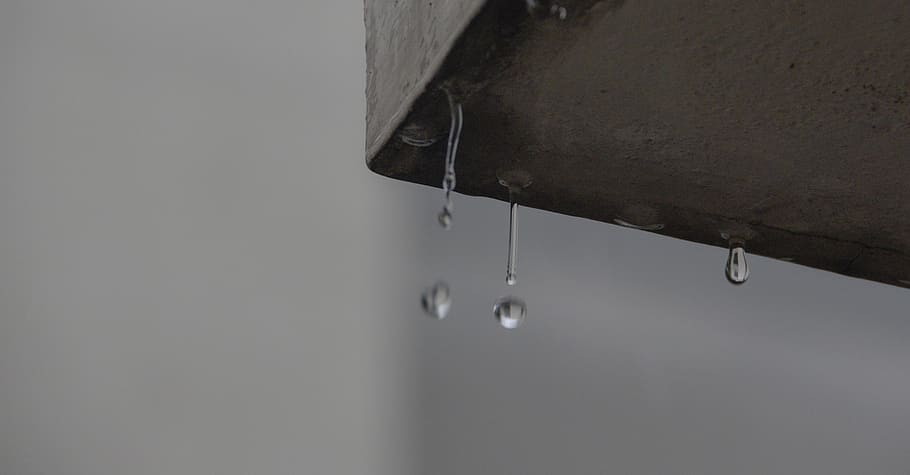
The basic principle for this issue is the "Implied Warranty of Habitability." This is an unspoken guarantee given by landlords to their tenants, assuring them that a home is livable up to the existing codes. It means the necessary systems, which will allow a tenant to live comfortably in a home are in place.
The principle further demands that landlords check the working condition of the plumbing and drainage systems before tenant move-in. These must be functioning to the satisfaction of the tenant. Furthermore, the landlord is expected to maintain these systems in proper working order throughout the duration of the tenant's stay. To do this, landlords must:
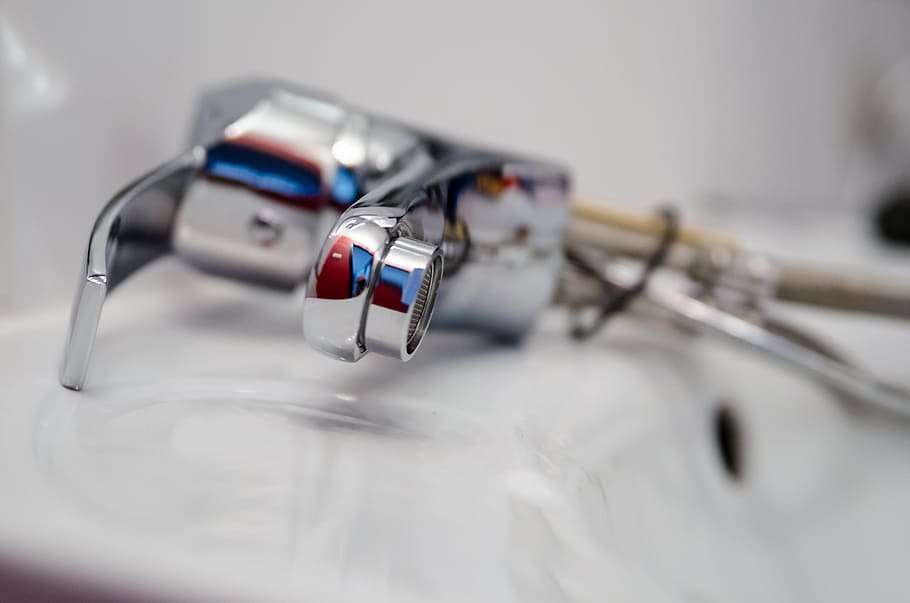
- Carry out regular maintenance and repairs of the plumbing and drainage to resolve issues caused by wear and tear
- Carry out emergency repairs when it is required. An emergency is any problem that threatens the livability of the property.
These two expectations from the basis of the landlord's responsibility for water damage in the rental. However, property owners also have the following rights.
- Landlords have the right to expect responsible use of the plumbing and drainage systems by tenants. Where a tenant is proven to be negligent, landlords can demand that the tenants bear the cost of repairs.
- Secondly, landlords have the right to be informed immediately, by the tenant, if problems arise with the home's plumbing. This is because the tenant is in constant contact with the systems and is therefore in the best position to detect problems.
Where the tenant fails to respect the landlord's rights, the tenant will be partly or wholly responsible for the repairs.
Water damage: tenant's rights and responsibilities
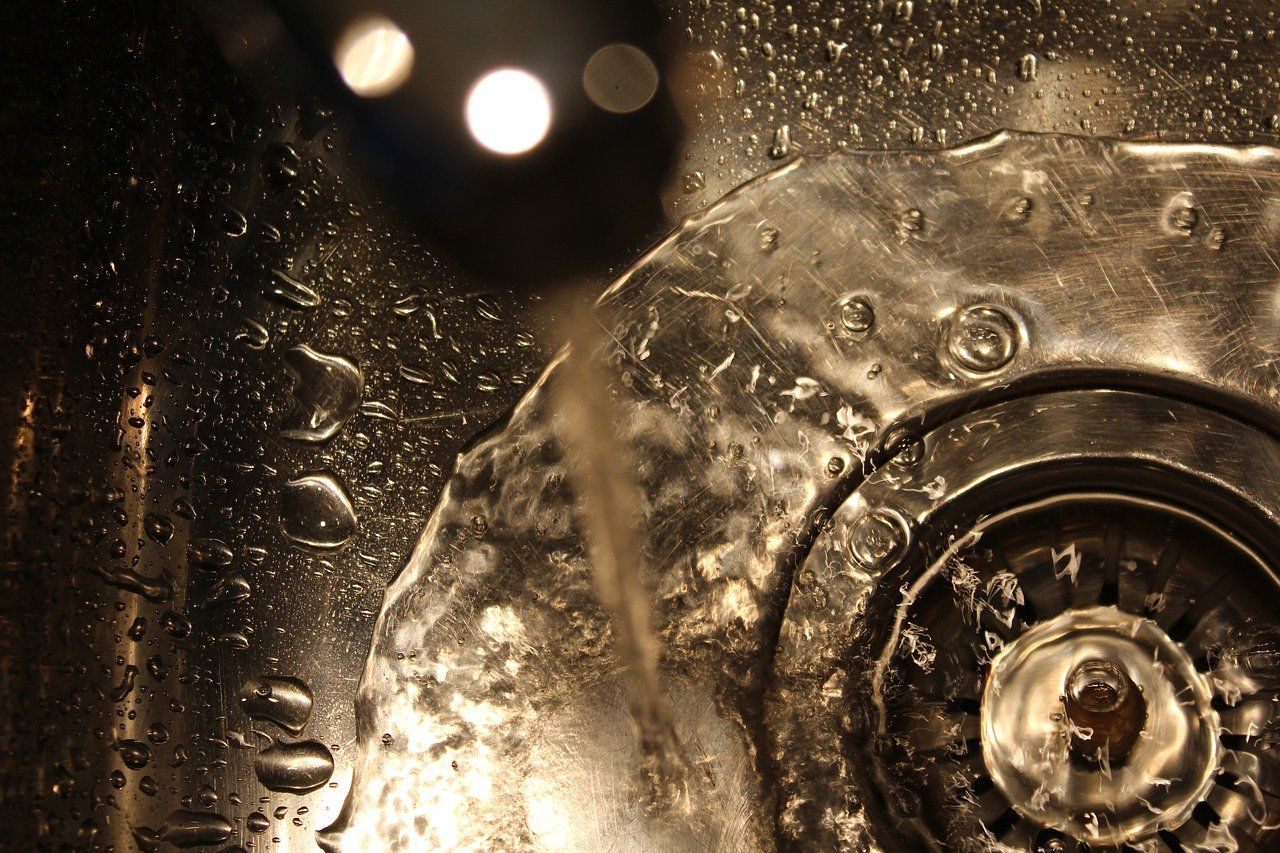
The tenant has the "Implied Right to Habitability." Since the tenant has paid for the right to live in the home and use its systems, the tenant has the right to peaceful enjoyment of the property. The landlord must keep the home in a condition that allows the tenant to enjoy the full benefits of paying rent. Tenant's rights may be summed up as:
- The right to a home that is safe and sanitary
- The right to immediate action by the landlord to fix all reported water-issues in the home
Where the landlord fails to maintain the property to the expected standard, the tenant reserves the right to withhold the rent or move out of the rental.
But to enjoy these rights to their fullest extent, the tenant must also be responsible. The tenant is responsible for the following:
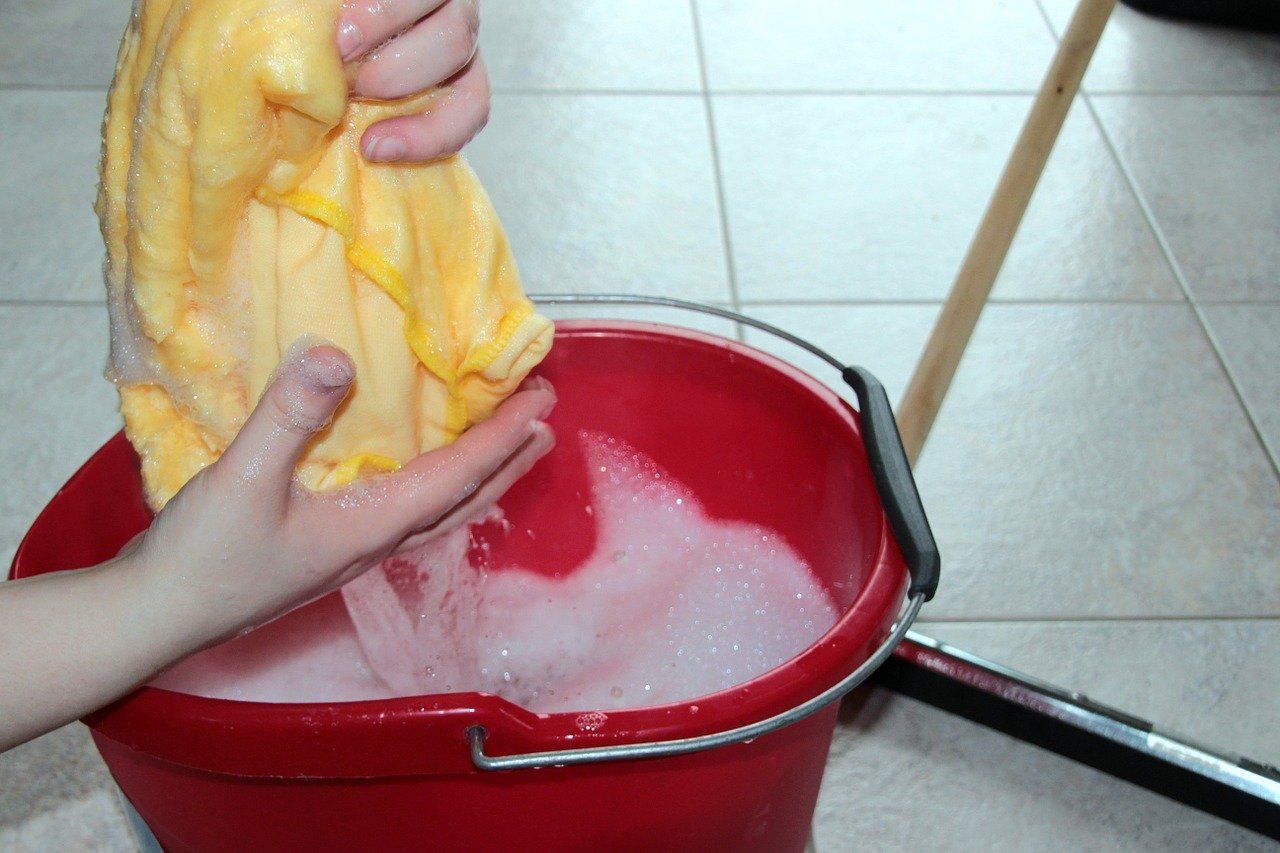
- Any damage to the home's plumbing and drainage deemed to have resulted from a tenant's misuse of the property or negligence will be paid for by the tenant.
- If the detected damage is not the tenant's fault but the tenant failed to report it to the landlord in a prompt manner, the tenant will be partly responsible for it
- It is the tenant's responsibility to limit the extent of any detected damage. For instance, by shutting off the main supply when they discover a burst pipe.
- The tenant is responsible for their belongings in the event of water damage.
If the tenant fails to do any of the above, that tenant will be liable for the damage and the landlord is right to charge the tenant.
The above is the basic framework that landlords can use to navigate the assignment of responsibility for water damage in their rental property. If these terms are properly spelled out in the lease and explicitly explained to tenants, the probability of friction between the owner and the renter will be greatly reduced.

